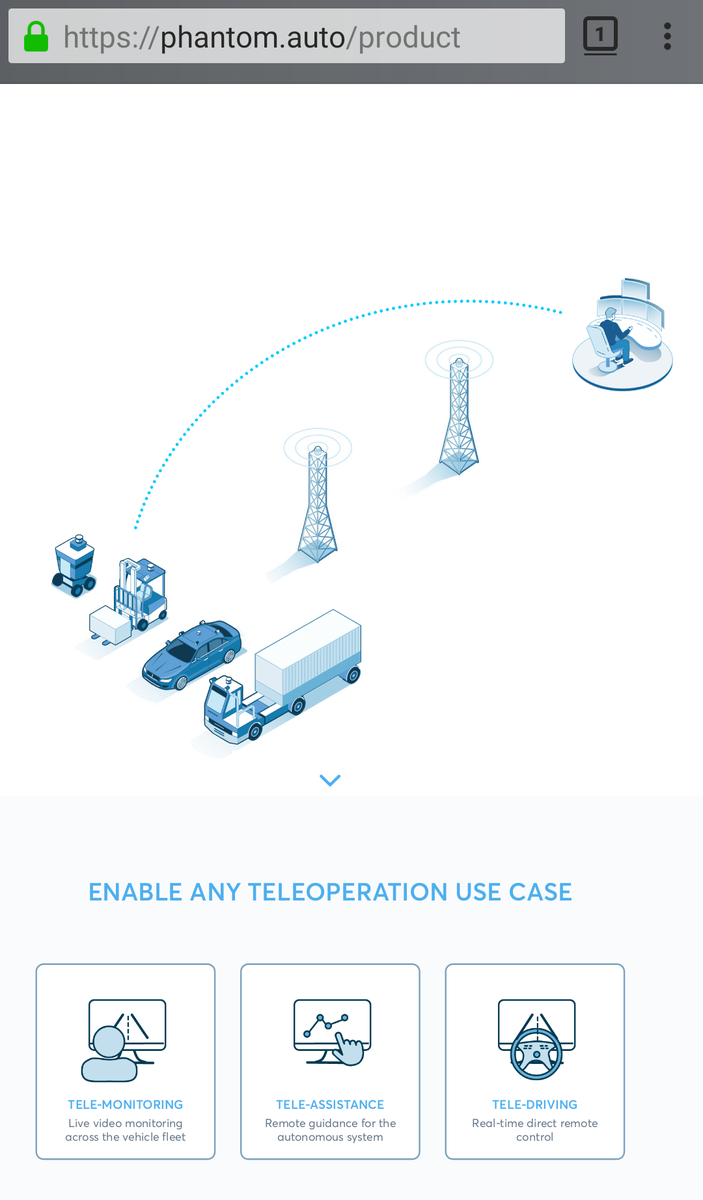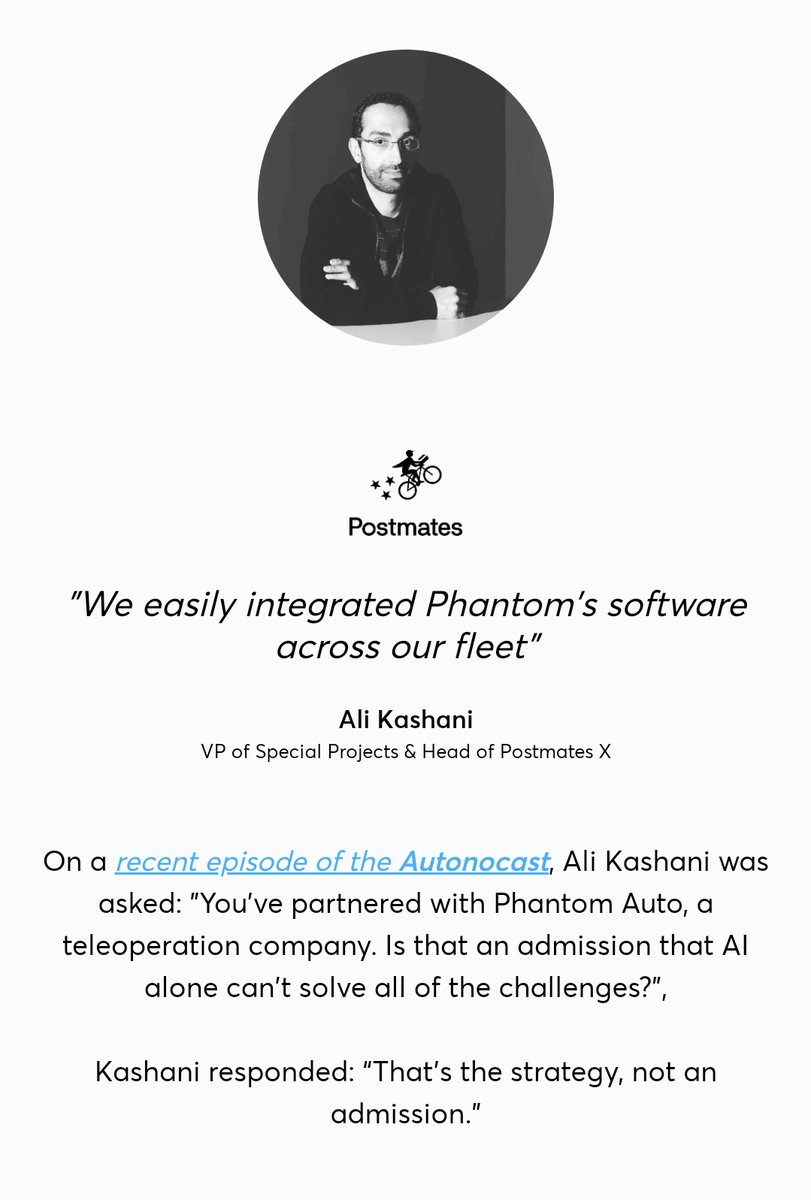interesting fact: while most people think these robots are self-driving / fully automated, the reality is that they're often always driven through exploited labor by actual people in india, the philippines, and colombia. https://twitter.com/mnolangray/status/1284612782164516865
we simply don't have robust enough AI/robotics for these to drive around the world by themselves. they can do decently well, but still require human intervention. the branding is intentionally obfuscating. new tech so often only emerges due to the exploitation of workers.
part of the adoption tactic of these companies is to figure out how to make these robots seem "cute" -- in size and shape, and sometimes even by adding digital facial expressions. the end result? more money to these companies, and more wage undercutting for workers.
people talk about the fear of robots taking over our jobs... as if it's the robots' fault. it's not. these are corporate human decisions. companies decide how much to pay the workers who drive these robots & that's less than what current delivery workers make. all about profit.
a *lot* of what passes as "AI" is actually exploited labor rendered invisible. here's one source on the popular kiwibot (seen around berkeley) -- the sf chronicle (linked in the article) reported on how they pay folks in colombia to drive the robots. https://www.techidence.com/kiwibots-are-not-fully-autonomous-and-are-controlled-by-operators-in-colombia/
it's actually incredibly hard to find news articles that investigate this. for instance, postmates launched a delivery robot a while back, but articles on it don't mention how it's driven. only a buried article mentions US human operators: https://www.ttnews.com/articles/delivery-robot-operators-adjust-home-environment
the article talks about human operators for these bots in an entirely matter-of-fact way, and we don't hear much about how "phantom auto" (great name) is involved either. notice how much isn't made clear in popular articles. notice what they're willing to say & what they're not.
what's phantom auto, by the way? oh, you know, just a company that sells teleoperation technology to enable operators to drive autonomous vehicles. wonder how that's being used.  also notice the quote & how he flips it as some sort of "strategy" when media tells us otherwise
also notice the quote & how he flips it as some sort of "strategy" when media tells us otherwise
 also notice the quote & how he flips it as some sort of "strategy" when media tells us otherwise
also notice the quote & how he flips it as some sort of "strategy" when media tells us otherwise
don't get me wrong, i've worked for some of the top roboticists in the world. these robots can do a lot on their own! just not everything. and so that *requires* operators who are *always* monitoring the robots, full-time. *this* is the labor rendered invisible.

 Read on Twitter
Read on Twitter



